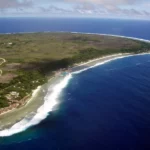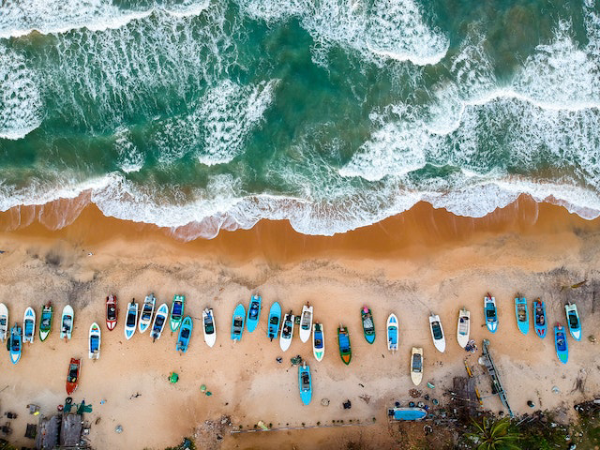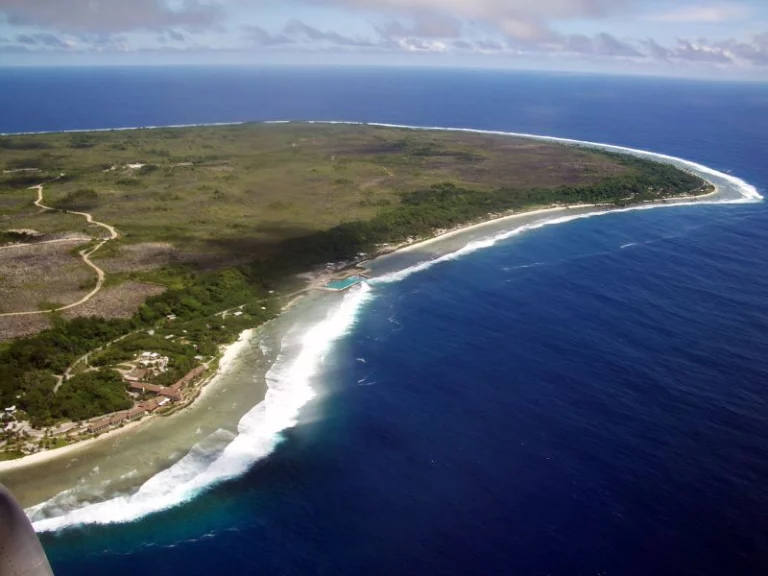Obtaining a second citizenship has become an increasingly popular avenue for global citizens seeking enhanced mobility, business opportunities, and personal freedom. Whether for reasons of political stability, economic prosperity, or simply a desire for a new cultural experience, several countries offer attractive programs for acquiring second citizenship. In this article, we’ll delve into the eight best countries to obtain a second citizenship, evaluating the pros and cons of each option along with associated costs.
1. Malta
Pros: Consistently one of the must-visit countries in Europe, Malta‘s citizenship-by-investment program offers a gateway to the European Union (EU), providing visa-free access to over 180 countries. It’s ideal for those seeking a well-regulated financial environment, high-quality healthcare, and a desirable Mediterranean lifestyle.
Cons: The Malta Individual Investor Program (MIIP) demands a substantial financial commitment, including a non-refundable contribution, real estate investment, and government bonds.
Costs: The total costs, including contributions and investments, can range from €1.15 million to €2.15 million, excluding due diligence fees.
2. Cyprus
Pros: Cyprus offers a quick path to EU citizenship, granting holders the ability to live, work, and study anywhere in the EU. The program is known for its efficient processing and favorable tax regime.
Cons: The Cyprus Investment Program requires significant real estate investment and other contributions, with some concerns about the program’s transparency in the past.
Costs: The minimum investment required is €2.5 million, which includes a mix of donations, real estate, and other investments.
3. Dominica
Pros: The Citizenship by Investment Program in Dominica is one of the most affordable options available. It provides visa-free access to over 140 countries, making it an appealing choice for budget-conscious individuals.
Cons: The country’s limited economic opportunities and vulnerability to natural disasters might be considered drawbacks.
Costs: The economic donation starts at $100,000, making Dominica one of the most cost-effective options for obtaining second citizenship.
4. St. Kitts and Nevis
Pros: St. Kitts and Nevis offer one of the longest-standing citizenship-by-investment programs, known for its stability and credibility. Holders benefit from visa-free travel to over 150 countries.
Cons: The investment requirement can be relatively high, and there have been occasional concerns about due diligence standards.
Costs: The minimum investment through the Sustainable Growth Fund starts at $150,000, or real estate investment at $200,000.
5. Grenada
Pros: Grenada‘s program provides visa-free access to China and the opportunity to apply for the U.S. E-2 Investor Visa, which allows investment in a U.S. business.
Cons: The E-2 Investor Visa process for the U.S. is separate from the Grenadian program and involves additional costs.
Costs: The donation to the National Transformation Fund starts at $150,000, or real estate investment at $350,000.
6. Antigua and Barbuda
Pros: Antigua and Barbuda offer various investment options, including real estate and business investment pathways, along with visa-free access to over 150 countries.
Cons: The program has faced criticism for lacking transparency in the past.
Costs: The donation to the National Development Fund starts at $100,000, or real estate investment at $200,000.
7. Portugal
Pros: Portugal‘s Golden Visa program grants residency leading to citizenship after five years. It’s an attractive choice for those interested in the EU, a high standard of living, and a relatively low minimum stay requirement.
Cons: The program does not provide immediate citizenship, and applicants must meet certain physical presence requirements.
Costs: The investment threshold starts at €280,000 for property investment in low-density areas.
8. Vanuatu
Pros: Vanuatu offers a quick and straightforward path to citizenship. It’s a lesser-known option that provides visa-free access to over 130 countries.
Cons: The program’s limited recognition and the remote location of Vanuatu could be considered drawbacks.
Costs: The donation to the Development Support Program starts at $130,000.
Your choice
The decision to obtain a second citizenship is a significant one, involving financial, legal, and personal considerations. Each of the above-mentioned countries presents a unique set of advantages and disadvantages.
It is essential to thoroughly research and assess your own priorities, needs, and financial capacity before embarking on this transformative journey. Consulting with immigration experts and legal professionals can help you make an informed decision that aligns with your goals and aspirations.


















